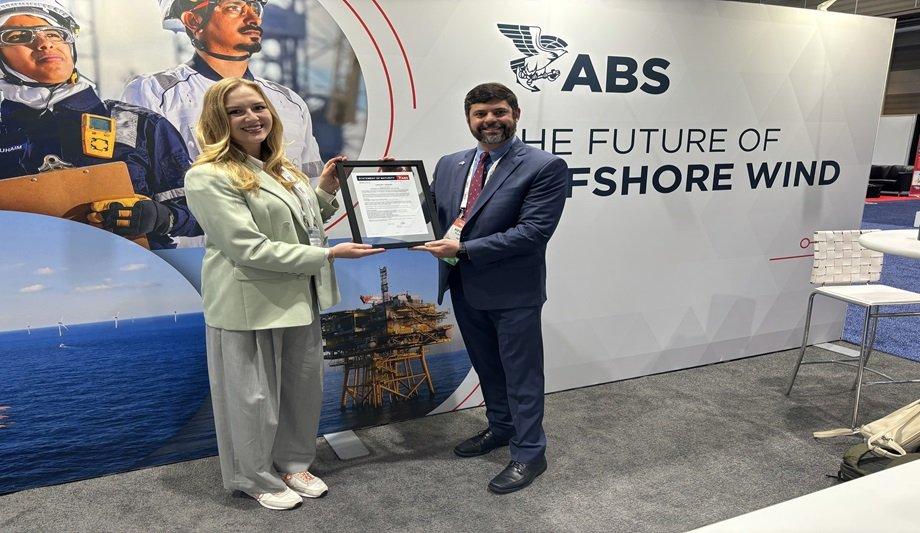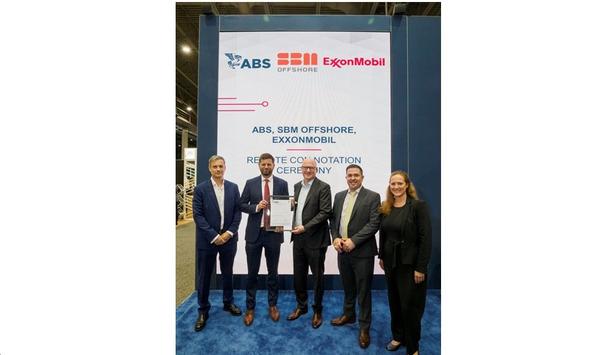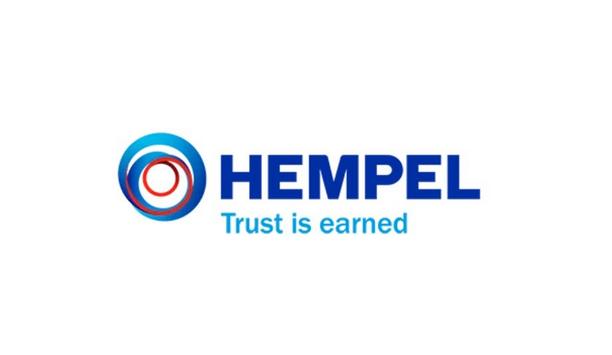ABS has issued a New Technology Qualification (NTQ) for an innovative ammonia-to-electrical power system from Amogy.
The Amogy ammonia-to-electrical power system splits, or 'cracks', liquid ammonia into its base elements of hydrogen and nitrogen, funneling the hydrogen into a fuel cell generating high-performance power.
Sustainable, clean energy solution
The technology represents a sustainable, clean energy solution tailored for industries, such as maritime shipping and power generation.
ABS assessed the integrated reactor system transforming ammonia into hydrogen resulting in pure hydrogen gas that can be utilised for fuel cells.
Maritime alternative fuels
"Amogy’s new technology is another example of the rapid development of innovation around alternative fuels for maritime use," said Patrick Ryan, ABS Senior Vice President and Chief Technology Officer.
He adds, "Cracking ammonia to produce hydrogen for fuel cells is one that has the potential to accelerate the energy transition in the maritime industry, supporting global decarbonisation goals."
Safety, viability, and maturity
"We are honoured to receive this Technology Qualification letter from ABS," said Seonghoon Woo, CEO at Amogy.
He adds, "This achievement marks a significant milestone on our path toward broader industry adoption of our technology, highlighting the safety, viability, and maturity of our ammonia-powered solution."
Guidance and certification
Seonghoon Woo continues, "We are excited to further collaborate with ABS as we advance through the new technology qualification process."
ABS NTQ services offer guidance and certification on early adoption and efficient implementation of new technologies demonstrating a level of maturity and that potential risks have been systematically reviewed.












